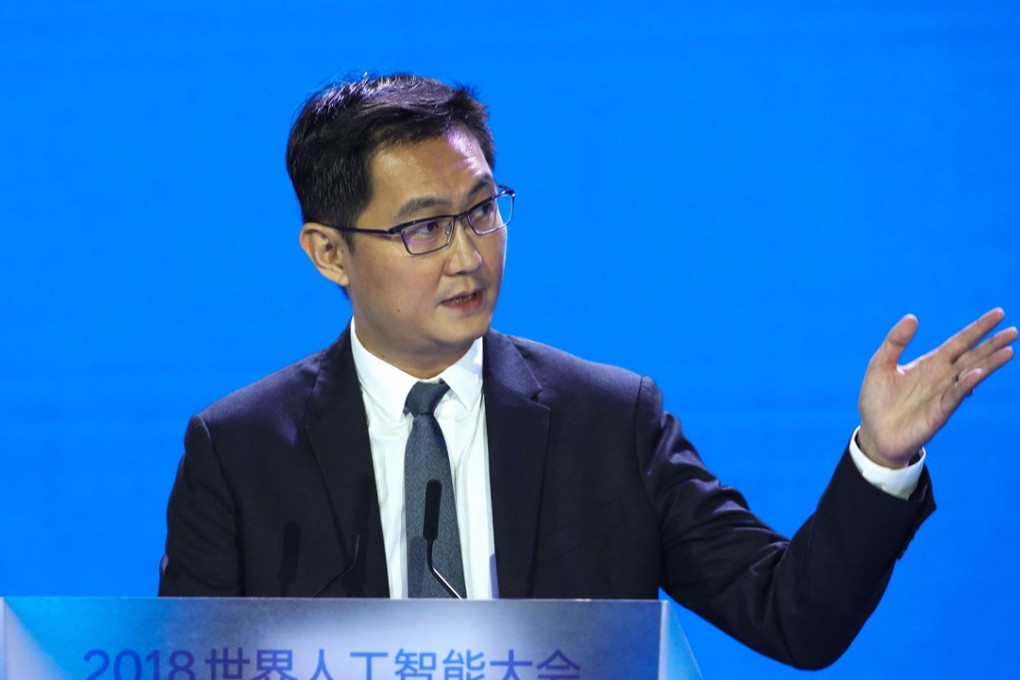Tencent pushes back on report that its investments have slowed in second half, citing 30 ongoing projects
- Tencent Investment said it has ‘continued its development this year’
- Company has also expanded in India, Southeast Asia, Europe and South America

Chinese internet giant Tencent Holdings said it has kept up a steady pace of external investments this year, with more than 30 ongoing projects, contradicting a local media report saying it had cut back in the second half of the year.
Tencent Investment, the investment arm of the Shenzhen-based company, “has continued its development this year”, according to a statement issued in response to the report.
The statement, verified by the company, came after Chinese tech site 36kr reported that Tencent had notably cut back its investments in the second half of this year, especially for projects not seen as part of its core business.
Tencent said it has continued to fund and refinance companies in fields including content, smart industries, games and e-sports, as well as in cutting-edge areas such as artificial intelligence and autonomous driving. Tencent said it has also stepped up its global footprint in India, Southeast Asia, Europe and South America.
“Tencent Investment attaches great importance to the business growth of our target companies, but we also take into consideration the strategic value and market environment to make the best decision,” the company said.
Hong Kong-listed Tencent is also joining its biggest shareholder, South African media group Naspers, to invest US$600 million in Indian food delivery start-up Swiggy, according to a Bloomberg report. Tencent declined to comment on the report.
The company is also said to be in discussions with limited partners and family offices to raise a new fund of at least US$650 million, according to an earlier Bloomberg report.